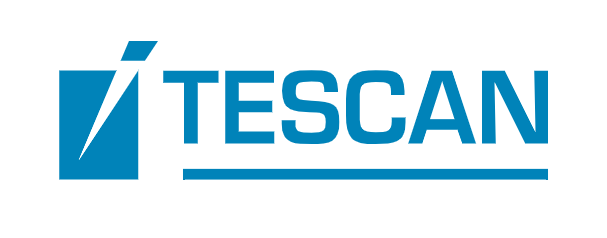Speakers
Description
With the development of massive gas injection in shale and tight reservoirs, the multiphase behavior of nanoscale pores before and after gas injection has attracted increasing attention. A large number of published literature have shown that due to wall adsorption and capillary forces, the phase behavior of fluids in micro and nano pores is significantly different from that of conventional reservoirs, such as phase transformation hysteresis. The existing equations of state, especially the PR-EOS method used to calculate the gas-liquid equilibrium, cannot accurately describe the changes of the gas-liquid state in the nanopore. Therefore, it is necessary to modify the EOS equation according to the relevant terms introduced in the corresponding nanopore phase state mechanism or in combination with other methods. Three kinds of correction methods for phase state calculation in nanoscale pores are emphatically discussed, including: modifying the molar volume in the equation of state; The capillary force of micro-nano channel is considered. Consider changes in critical parameters. While this document is the method in the nanoscale pore in order to improve the EOS model in the prediction of the precision of phase behavior change as the result, but in the case of a given component simulation, in the process of gas injection, the component concentration changes, the existing EOS correction method is adaptive to varying component is each part of the unknown, the lack of mutual relationship between each correction method. This paper intends to evaluate the accuracy of the three correction methods through the experimental data in the literature, and the results show that the combination of the three correction methods cannot accurately reflect the change of phase state, which indicates that there is mutual interference among the correction methods.
| Time Block Preference | Time Block A (09:00-12:00 CET) |
|---|---|
| Acceptance of Terms and Conditions | Click here to agree |






